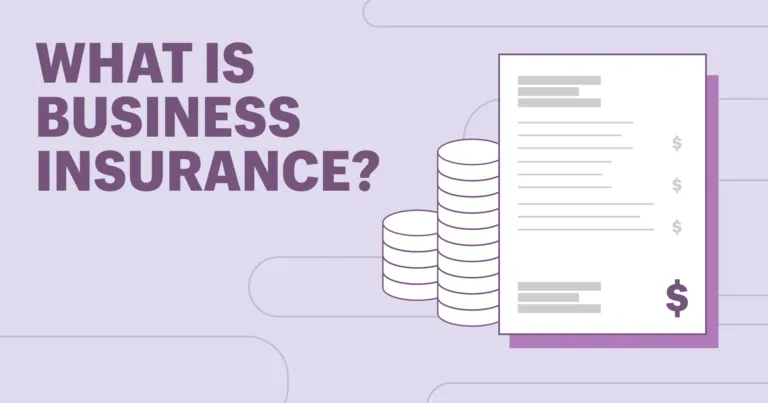Commercial insurance coverage protects companies from losses resulting from events that may occur during their regular operations. Various types of insurance for businesses exist, including coverage for property damage, legal liability, and employee-related risks.
Organizations evaluate their security requirements based on potential threats, which can vary depending on the environment in which the organization operates.
Also Read: How to find a fake profile on Facebook
KEY TAKEAWAYS
- Business insurance broadly refers to a category of coverage designed specifically for companies rather than individuals.
- Organizations seek insurance to protect against anticipated property damage, legal claims, or policy disputes.
Commercial insurance constitutes approximately half of the U.S. property and casualty insurance sector, encompassing a variety of insurance products collectively referred to as “commercial lines.”
Figuring out Business Insurance
Entrepreneurs should carefully evaluate their business protection requirements because they may face significant personal financial exposure in the event of a loss. If a business owner feels unable to accurately assess their risk and insurance needs, they should seek the assistance of a reputable, experienced, and licensed insurance broker. A list of licensed agents in your state can be obtained from your state’s insurance department or the National Association of Insurance Commissioners.
Also known as commercial lines insurance, these policies encompass property and casualty protection products for businesses. Commercial lines insurance supports the economy by shielding companies from potential losses they couldn’t afford to cover independently, allowing them to operate when it might otherwise be too risky to do so.
Sorts of Business Insurance
There are several types of business insurance that business owners might consider, such as the following:
Proficient Liability Insurance
Effective risk management protects against negligence and ensures that mistakes or failure to perform do not result in adverse outcomes. There is no universal professional liability coverage. Each industry has its unique concerns that need to be addressed.
Property Insurance
Property insurance safeguards equipment, signage, inventory, and furniture against incidents such as fires, storms, or theft. However, it does not include large-scale disasters like floods and earthquakes. If your area is prone to these events, you will need a separate policy. Another exception is high-value personal property, which usually requires an additional coverage known as a “rider.” In the event of a claim, the property insurance policy will either compensate the policyholder for the actual value of the damage or the cost to replace the damaged items.
Locally established Businesses
Homeowner’s insurance policies generally do not include coverage for home-based businesses as commercial property insurance does for traditional businesses. If you operate a business from your home, inquire about additional coverage for your equipment and inventory.
Item Liability Insurance
If your company manufactures products for sale, product liability insurance is essential. Any business could face a lawsuit due to damages caused by its products. This type of insurance protects a company in those situations.
Vehicle Insurance
Any vehicles used for business must be fully insured. Companies should at least have third-party injury protection, but comprehensive insurance will also cover the vehicle if there’s an accident. When employees use their cars for work tasks, their insurance usually provides coverage in case of an accident. A key exception to this is if someone is delivering goods or services for a fee, including delivery drivers.
Business Interruption Insurance
Strategies for maintaining business operations during disruptions are crucial for companies that rely on physical locations, such as retail stores or manufacturing plants. This type of insurance compensates businesses for income lost due to events that interrupt their regular activities.
The Fundamentals of Corporate Finance and Accounting
Regardless of your preferred learning method, grasping the concepts of corporate finance and accounting becomes straightforward with access to 183,000 online video courses. Udemy offers a platform where you can learn accounting terminology, prepare financial statements, and analyze sales data. Additionally, new content is added regularly to each course, and you benefit from a 30-day money-back guarantee. Discover more about Udemy and sign up today.

